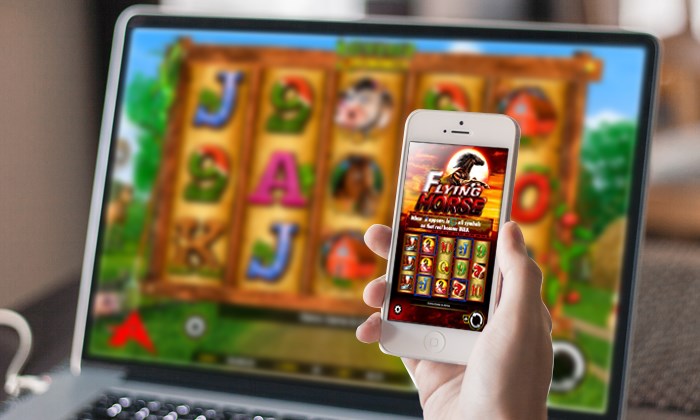
The Evolution of Slot Gaming: From One-Armed Bandits to Digital Delights
Slot gaming has undergone a remarkable transformation since its humble beginnings in the late 19th century. What once started as mechanical machines with simple designs has now evolved into a multi-billion dollar industry encompassing online platforms, mobile apps, and immersive experiences. In this article, we delve into the fascinating journey of slot 777 gaming, exploring its history, technological advancements, and the enduring appeal that continues to captivate players worldwide.
The Birth of Slot Machines: The origins of slot gaming can be traced back to the invention of the first mechanical slot machine by Charles Fey in 1895. Known as the “Liberty Bell,” this rudimentary device featured three spinning reels adorned with symbols such as horseshoes, diamonds, spades, hearts, and the Liberty Bell itself. Players would pull a lever to set the reels in motion, hoping to land a winning combination and claim their prize.
From One-Armed Bandits to Electronic Marvels: Throughout the 20th century, slot machines, affectionately dubbed “one-armed bandits” due to their lever-operated mechanism, became a staple in casinos and gaming establishments worldwide. These early machines relied on mechanical components and simple mechanisms to determine outcomes.
However, the advent of electronic technology in the latter half of the century revolutionized the slot gaming industry. Electronic slots introduced features such as random number generators (RNGs), multiple paylines, bonus rounds, and interactive graphics, enhancing both the gameplay experience and winning potential for players.
The Digital Age: Rise of Online Slot Gaming: The emergence of the internet in the late 20th century paved the way for another significant milestone in the evolution of slot gaming: online casinos. With the proliferation of online gaming platforms, players gained access to a vast array of slot games from the comfort of their homes.
Online slots offered unprecedented convenience and variety, allowing players to enjoy their favorite games anytime, anywhere, on desktop computers, laptops, and mobile devices. Furthermore, advancements in graphics technology and sound effects contributed to the immersive nature of online slot gaming, replicating the excitement of a traditional casino experience in a virtual environment.
The Mobile Revolution: In recent years, the popularity of slot gaming has been further propelled by the widespread adoption of smartphones and tablets. Mobile slot apps have become increasingly prevalent, providing players with a convenient and portable way to enjoy their favorite games on the go.
Mobile slots offer seamless integration with touchscreen interfaces, intuitive controls, and optimized gameplay experiences tailored to the capabilities of mobile devices. Moreover, social features such as leaderboards, challenges, and in-app purchases enhance engagement and foster a sense of community among players.
The Future of Slot Gaming: As technology continues to evolve, the future of slot gaming holds boundless possibilities. Virtual reality (VR) and augmented reality (AR) technologies have the potential to transform the way we experience slot games, offering immersive, lifelike environments that blur the line between reality and fantasy.
Furthermore, innovations such as blockchain technology and cryptocurrency integration may revolutionize aspects of the slot gaming industry, providing enhanced security, transparency, and decentralization for players and operators alike.